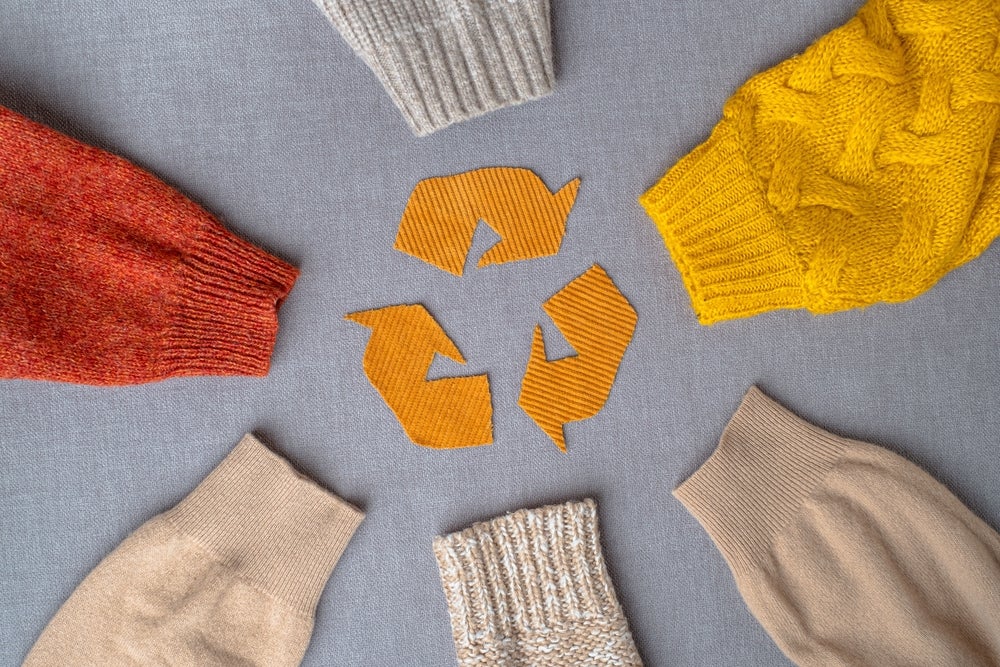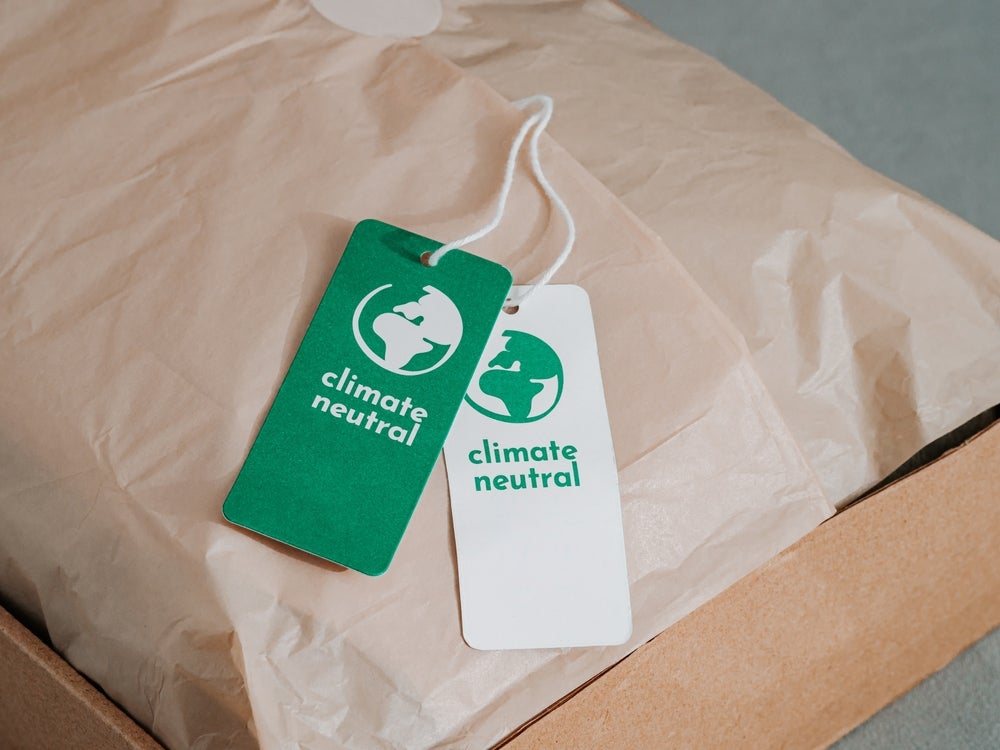
Global sustainability initiative Fashion for Good has partnered with investment manager Spring Lane Capital to review the types of funding and finances available to help commercialise sustainable fashion projects.
According to Fashion for Good, existing innovations could significantly reduce the climate impact of the fashion sector, but there is an issue with the scaling of these projects – particularly in the creation of next-generation materials and recycling and processing systems.
The scaling of these innovations can be costly and the new report suggests project financing as a potential solution.
Project financing uses a project’s assets and cash flows as collateral for the loans needed to fund the next stage of its progression. The report says this type of loan could be a “lifeline to innovators” who may struggle to access traditional financing channels.
Fashion for Good’s managing director Katrin Ley says: “Innovation is key for industry transformation and project finance is a critical enabler to bridge the commercialisation funding gap. With this report, we’re excited to share relevant learnings and a call to action: to innovators, brands financiers, and supply chain partners who all have a role to play to unlock this type of funding.”
See Also:
The report considers the requirements and opportunities related to project financing and explains the different roles required of each stakeholder to help bring sustainable innovations to life.
How well do you really know your competitors?
Access the most comprehensive Company Profiles on the market, powered by GlobalData. Save hours of research. Gain competitive edge.

Thank you!
Your download email will arrive shortly
Not ready to buy yet? Download a free sample
We are confident about the unique quality of our Company Profiles. However, we want you to make the most beneficial decision for your business, so we offer a free sample that you can download by submitting the below form
By GlobalDataIt also offers contractual templates for project financing and shares case studies, highlighting lessons learned from previous projects.
Petri Alava, CEO at Infinite Fibre Company, which turns post-consumer textile and cardboard waste into high-quality fibres adds: “There is a lot of investor interest in new technologies, and scope for project finance as a funding mechanism – especially for proven solutions like ours where market demand is high and the positive environmental impact so clear.
“In the last few years, we have signed major offtake agreements with leading brands. Based on those experiences, we see this report as a valuable toolkit to help especially the new innovators prepare for the funding journey that lies ahead.”
Fashion for Good and Spring Lane Capital state the report aims to “enhance innovators’ understanding of relevant industry stakeholders” and eventually assist in enabling further scaling of sustainable innovations.
Spring Lane Capital’s managing partner Christian Zabbal says: “Sustainability imperatives have already disrupted the energy and mobility sectors, while at the same time creating enormous opportunity. It’s clear to us that the fashion industry is at a similar inflection point. Spring Lane looks forward to providing capital and expertise to help accelerate the ongoing transition in the fashion sector.”
In January 2023, Fashion For Good expanded its recycling project to the US market, in a bid to not only propagate circularity in the industry but to unlock necessary investments and actions to scale collection, sorting and recycling innovations.
Fashion for Good also recently rolled out the Dyestuff Library, a digital tool enabling partners to choose sustainable dyestuff based on competitive performance and environmental metrics for commercial use.







